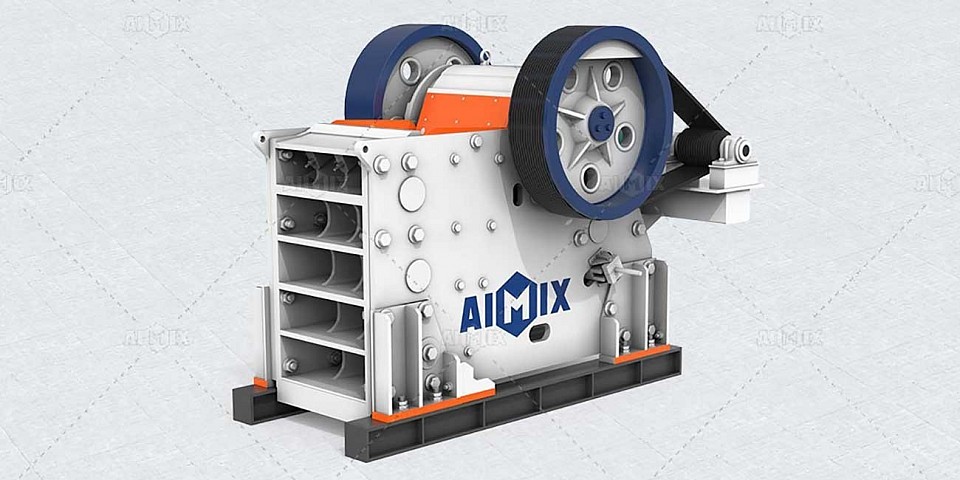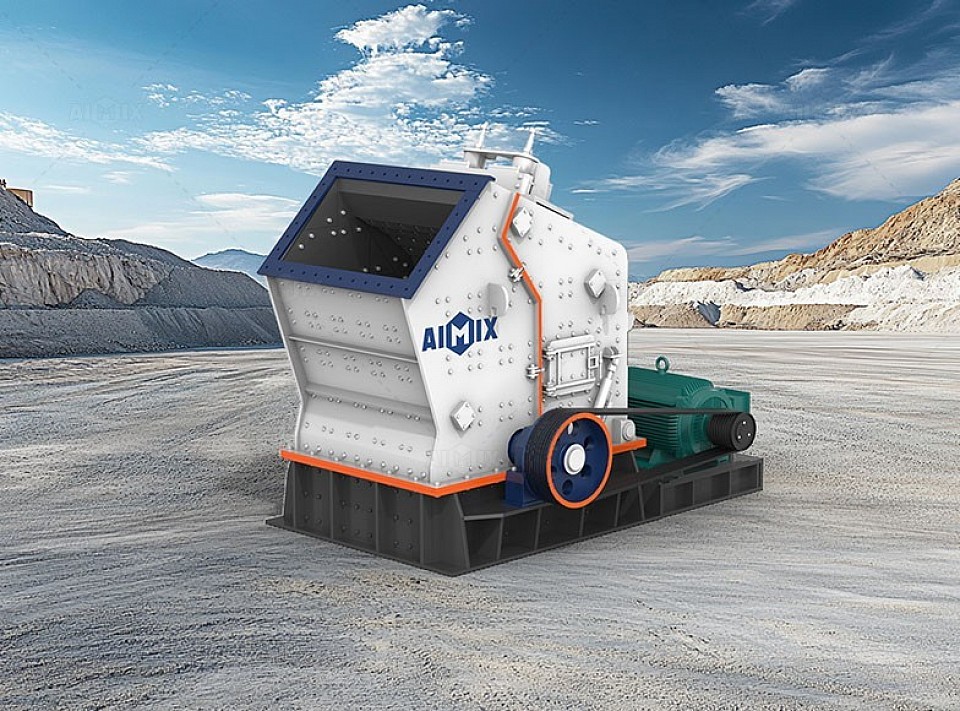Impact Crushers vs. Jaw Crushers: Which Is Best for Gravel?
When selecting a crusher for gravel production, understanding the differences between the two most popular options—impact crushers and jaw crushers—is crucial. Both have their strengths and weaknesses, making one more suitable than the other depending on the specific requirements of the operation. The type of gravel being processed, the desired final product, and operational efficiency all play a role in determining which gravel crusher is best suited for the job. This article delves into the core differences between impact and jaw crushers, highlighting their unique benefits for gravel crushing.
Understanding the Working Principles of Impact and Jaw Crushers
Before selecting the best crusher for gravel, it’s important to understand the way these two machines operate. Jaw crushers for sale are designed with two plates, one of which is stationary and the other moves in a back-and-forth motion. This action compresses the material between the two plates, breaking it into smaller pieces. This method is highly effective for crushing hard, tough materials and producing coarse, angular gravel.
In contrast, impact crushers use high-speed rotors to strike materials. As the material enters the crusher, it is struck by hammers or bars, causing it to break apart. This crushing mechanism is typically more efficient for softer materials and can produce finer, more cubical-shaped gravel. The high-speed action of an impact crusher also allows for more precise control over the final product’s shape and size, making it ideal for certain applications in gravel production.
Evaluating the Benefits of Impact Crushers for Gravel Production
Impact crushers are often chosen for their ability to produce finely graded gravel. One of the key advantages of impact crushers is their efficiency in processing softer materials, such as sandstone and limestone, which are commonly used in gravel production. Their ability to produce finely shaped and consistent material makes them particularly valuable when high-quality, uniform gravel is required.
Another advantage of impact crushers is their ability to adjust the output size with precision. The ability to control the size and shape of the final product directly affects the quality of the gravel produced. Impact crushers for sale are also typically easier to maintain and require less downtime compared to other crushers, ensuring that production remains steady.
The Durability and Performance of Jaw Crushers in Gravel Crushing
While impact crushers offer certain advantages, jaw crushers are still highly effective for gravel production, especially in situations where the material is harder or more abrasive. Jaw crushers are known for their durability and ability to handle tough materials such as granite, basalt, and other dense rock formations. They are also preferred when producing coarse gravel with angular shapes, as the crushing action of jaw crushers is more likely to result in sharp-edged materials, which are desirable for certain construction applications.
One of the significant advantages of jaw crushers is their long-term reliability. They are designed to handle heavy-duty operations and can endure significant wear and tear, particularly in high-volume production environments. Additionally, jaw crushers typically require less energy to operate than impact crushers, making them more cost-effective in the long run.
Conclusion
Choosing between an impact crusher and a jaw crusher for gravel production ultimately depends on the specific needs of the operation. For softer materials and finer, cubical gravel, impact crushers excel, offering high efficiency and the ability to adjust the output. However, when working with harder materials and when coarse, angular gravel is required, jaw crushers remain the preferred choice. By understanding these differences and considering the material being processed, producers can make an informed decision that best suits their gravel production goals.


